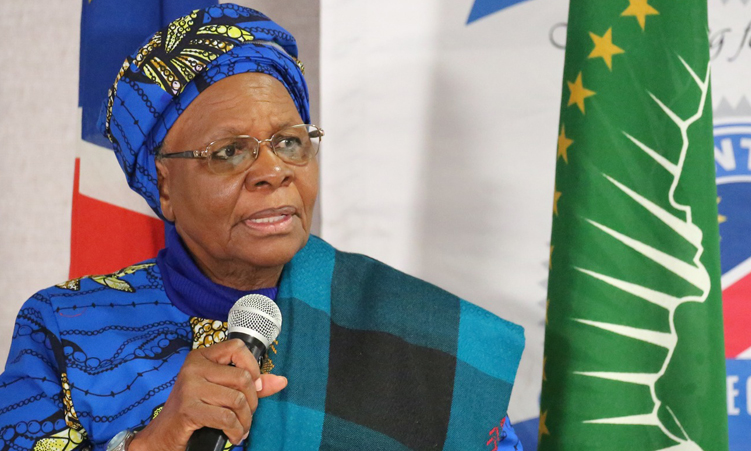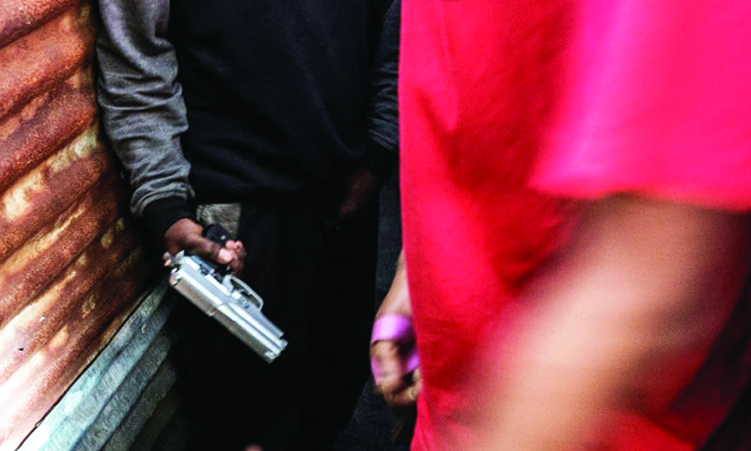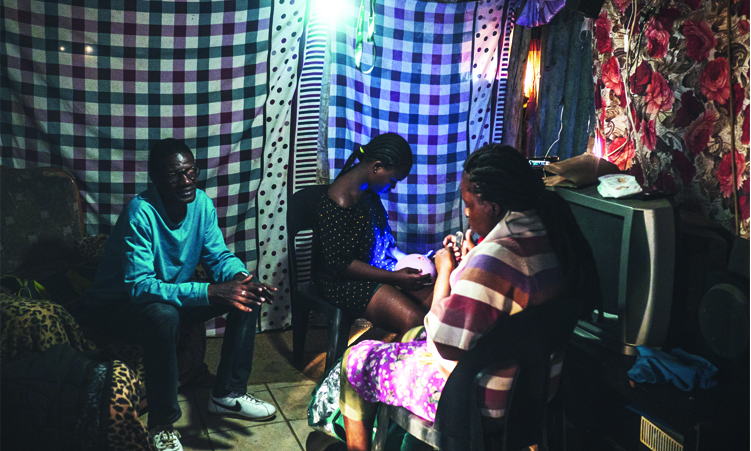WORKERS’ unions have lashed out at the government over the slow implementation of a national minimum wage.
Acting executive director of labour, industrial relations, and employment creation Lydia Indombo yesterday confirmed the ministry is yet to implement a minimum wage for workers.
“However, an investigation into whether or not to introduce a national minimum wage was conducted and concluded last year by the wages commission on the national minimum wage.
“A finding report was submitted to the minister of labour for consideration,” she said.
Indombo said no specific challenges or sectors are hindering the implementation of a national minimum wage.
She said efforts have been made to gather the expert input of the International Labour Organisation (ILO), trade unions, and employers’ organisations.
These stakeholders held a consultative meeting last month to analyse the findings of a report by the wages commission on a national minimum wage.
“The experts are expected to advise the minister on the findings of the report to make an informed decision on whether or not to introduce a national minimum wage.
“This process is to ensure that if the national minimum wage is implemented, it aligns with international standards,” Indombo said.
The current Labour Act does not provide a list of factors to consider for the determination of a minimum wage or take into account employees’ living expenses.
This interview follows the questioning of the labour ministry’s silence on the implementation of a minimum wage by Phillip Munenguni, the acting president of the National Union of Namibian Workers.
“Why is the ministry silent and not consulting the tripartite partners if there are issues?” Munenguni asked on Monday.
He said the ministry is not addressing numerious issues affecting workers.
Trade Union Congress of Namibia president Paulus Hango also criticised the ministry for not providing labour organisations with feedback.
He said the situation is keeping workers in poverty.
“These people are always slow, while workers are suffering. Security guards have had a minimum wage signed about seven years ago, which has never been increased.
“They are currently earning N$8 per hour,” he said.
Other countries, such as South Africa, have implemented a sectorial minimum wage a few years ago, set at N$24 per hour.
The current proposed minimum wage for Namibia is N$18, which Hango believes is exceptionally low.
He said the absence of a minimum wage could lead to the exploitation of workers.
“Many investors are always looking at minimum wages as a starting point for recruitment. We have to start somewhere as a country,” he said.
Hango said the person representing workers on the wages commission does not represent the interests of all workers.
Workers are represented by Gideon Thomas of the Namibia Public Workers Union.
Hango said his office is inundated with issues from the fishing industry, where employees are paid less than N$2 000 a month.
A contract from the former Seaflower Pelagic Processing, which The Namibian has seen, shows that employees are paid N$13 per hour at one of the companies that was recently awarded quotas to employ people permanently.
Hango attributed this to ministers not engaging workers’ unions when awarding fishing quotas to companies in exchange for employment.
“How the workers are to be paid . . . no arrangement or agreement is made. Some companies are even terminating the contracts of their current employees to replace them with those who come with quotas. There is a lot of chaos,” he said.
Stay informed with The Namibian – your source for credible journalism. Get in-depth reporting and opinions for
only N$85 a month. Invest in journalism, invest in democracy –
Subscribe Now!






